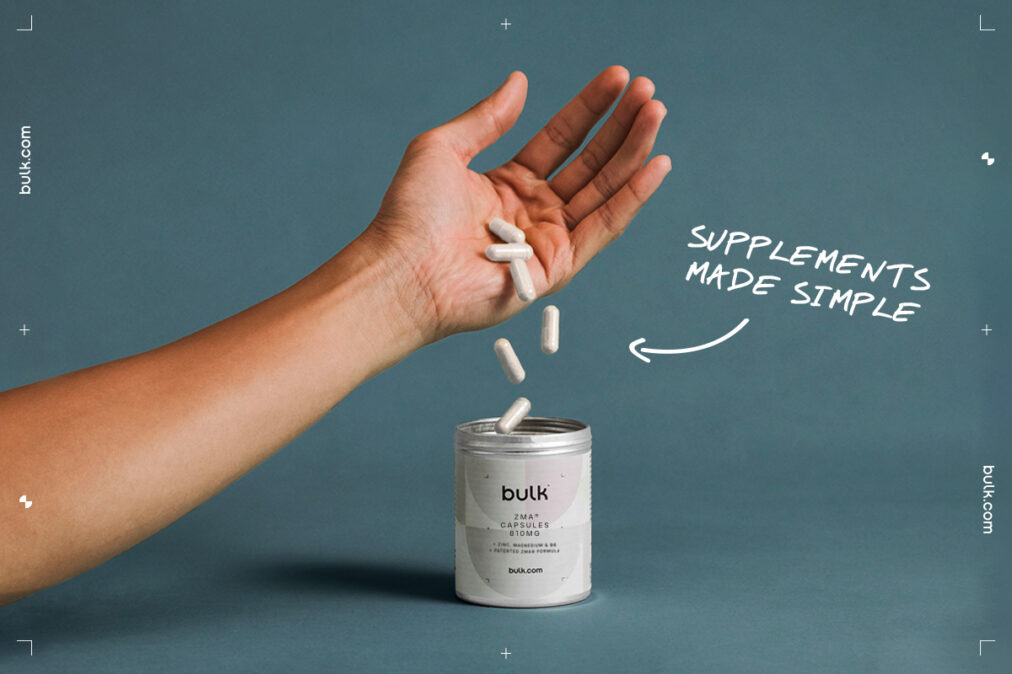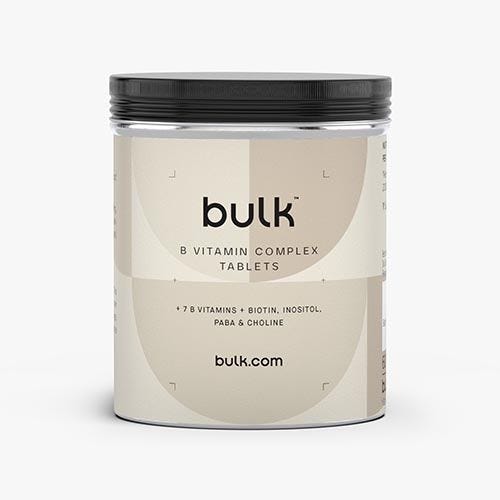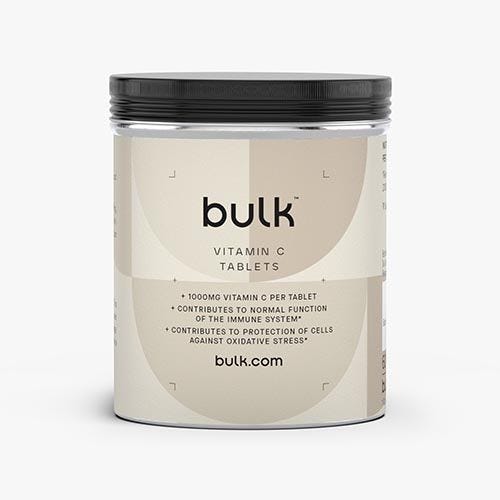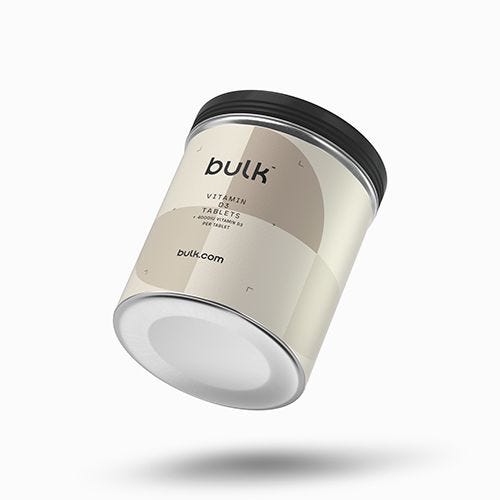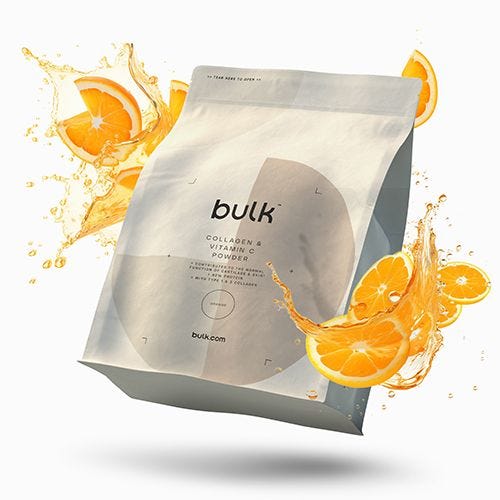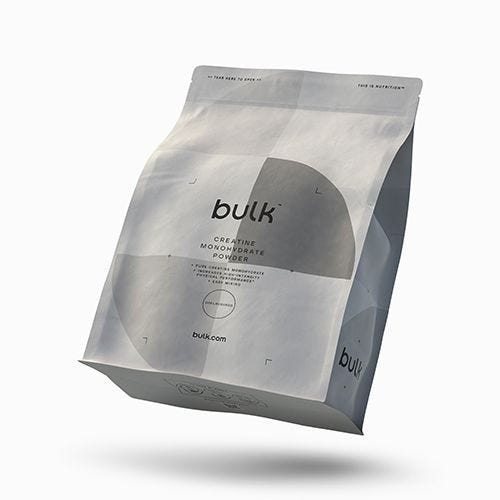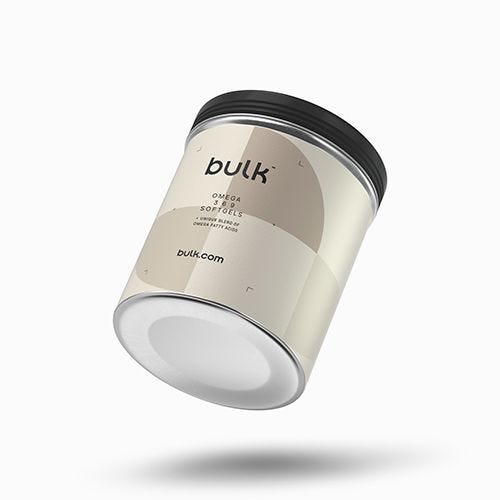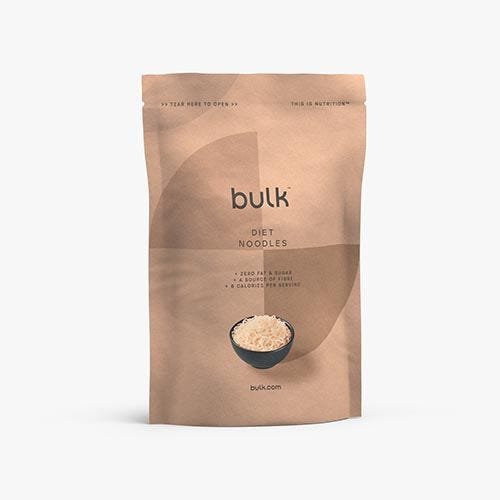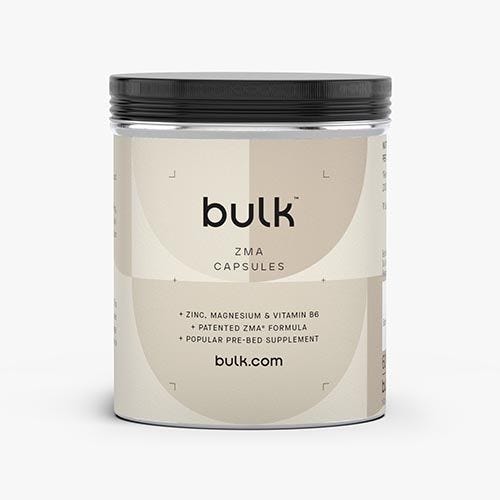With hundreds of supplements on the market, knowing which ones to take can create some confusion. And that’s understandable. Here we outline some popular supplements and their key benefits, taking a simple, no-nonsense approach to explaining how they can support you.
We hope this inspires you to discover new supplements that could light up your lifestyle, whether it be through performance, vitality or general health.
Protein – Muscle Mass
Protein is vital for muscle maintenance because the amino acids (the building blocks of protein) help repair and maintain muscle tissue.
Muscle protein synthesis (MPS) is stimulated by resistance exercise (RE) and is further stimulated by protein ingestion [1]. This means increasing overall protein intake is key to maximising muscle repair and hypertrophy following training.
High-protein foods include lean meat, poultry, fish, eggs, dairy, nuts, seeds and beans.
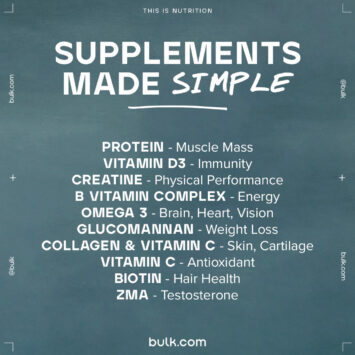
B Vitamin Complex – Energy
Vitamin B is known for its energising effects, whether that be contributing to normal metabolism or reducing tiredness and fatigue. There are multiple types of B vitamins, each with their own benefit.
- Vitamin B1 (thiamine) and Vitamin B2 (riboflavin) contribute to normal energy yielding metabolism.
- Vitamin B3 (niacin) and Vitamin B6 (pyridoxine hydrochloride)* helps to reduce tiredness and fatigue.
- Vitamin B5 (pantothenic acid) contributes to normal cognitive function and Vitamin B12 (cyanocobalamin) psychological function.
Vitamin C – Antioxidant
Vitamin C promotes normal function of the immune system and contributes to the protection of cells from oxidative stress (a condition that may occur when there are too many unstable molecules called free radicals in the body and not enough antioxidants to get rid of them).
Antioxidants interact with and neutralise free radicals, preventing them from causing cell damage. Because your body doesn’t produce vitamin C, you need to get it from your diet or supplementation. Vegetables and fruits are good sources of antioxidants due to their vitamin C content.
Collagen & Vitamin C – Skin, Cartilage
The market for supplemental collagen has exploded in recent years. Naturally found in skin, bones, joints, connective tissue, teeth and smooth muscle, it’s the most abundant protein in the human body.
Along with its antioxidant properties, vitamin C contributes to normal collagen formation for the normal function of bones, cartilage, skin, gums, teeth and blood vessels, making it the perfect partner for supplemental collagen.
Vitamin D3 – Immunity
Vitamin D3 supports the immune system, muscle function and normal calcium levels.
The body creates vitamin D from direct sunlight on the skin when outdoors, but in the darker seasons it’s difficult to get enough. For this reason, the NHS recommends taking a vitamin D supplement in the autumn and winter.
Related Products
Creatine – Physical performance
It’s well known that creatine is the most researched sports nutrition supplement, meaning its beneficial effects are extremely credible. In simple terms, creatine contributes to an increase in physical performance during successive bursts of short-term, high-intensity exercise.
Ready for a bit of science? Creatine supplementation tops up the stores of cellular phosphocreatine, which is the quickest pathway for re-synthesising ADP into ATP, making energy available for high-intensity exercise.
By supplementing with creatine, you’re maximising your high-intensity energy output. In other words, your power and strength in the first moments of a movement, whether that be the first 30 yards in a sprint or the first few reps on the bench press. Aim for 3g-5g creatine per day.
If you want to learn more about this incredible supplement, see our blog on how to take creatine.
Omega 3 – Brain, Heart, Vision
Omega 3 are a family of essential fatty acids, including ALA (alpha-linolenic acid), DHA (docosahexaenoic acid) and EPA (eicosapentaenoic acid).
Because omega 3 fatty acids can’t be synthesised by the human body, they have to be consumed via your diet or a nutritional supplement. The most common dietary source of omega 3 is in fish, but it’s also found in chia seeds, flaxseeds and walnuts.
Omega 3 fatty acids contribute to the maintenance of normal brain function, the normal function of the heart, normal blood pressure, normal cholesterol and normal vision:
Brain – DHA contributes to the maintenance of normal brain function when taken at 250mg per day.
Heart – EPA and DHA contribute to the normal function of the heart with a daily intake of 250mg; they contribute to the maintenance of normal blood pressure when taken at 3g per day. ALA contributes to the maintenance of normal blood cholesterol levels at 2g per day.
Vision – DHA contributes to the maintenance of normal vision when taken at 250mg per day.
Glucomannan – Weight Loss
Glucomannan is a natural, water-soluble dietary fibre extracted from the roots of the elephant yam (a tropical plant native to Southeast Asia), also known as konjac.
Foods aimed to support weight loss, such as our Diet Noodles, utilise glucomannan to add low-calorie volume to meals. In the context of an energy-restricted diet, three servings of 1g glucomannan powder per day, taken with 1-2 glasses of water before meals, contributes to weight loss.
Biotin – Hair Health
Also known as vitamin B7, biotin contributes to the maintenance of normal skin and hair, as well as macronutrient metabolism. Biotin may support hair growth in people whose hair thinning or loss occurs due to a biotin deficiency.
ZMA® – Testosterone
ZMA® Capsules are ideal if you’re looking to supplement your regular diet with zinc, magnesium and vitamin B6 to ensure you’re getting the nutrition you need. Taken regularly, it helps to maintain normal testosterone levels in the blood.
Related Products
We believe in encouraging everyone to find their passion for exercise. For more fitness content, check out @bulk for recipes, ambassador workouts and gym tips. Join our community of fitness lovers and foodies.
